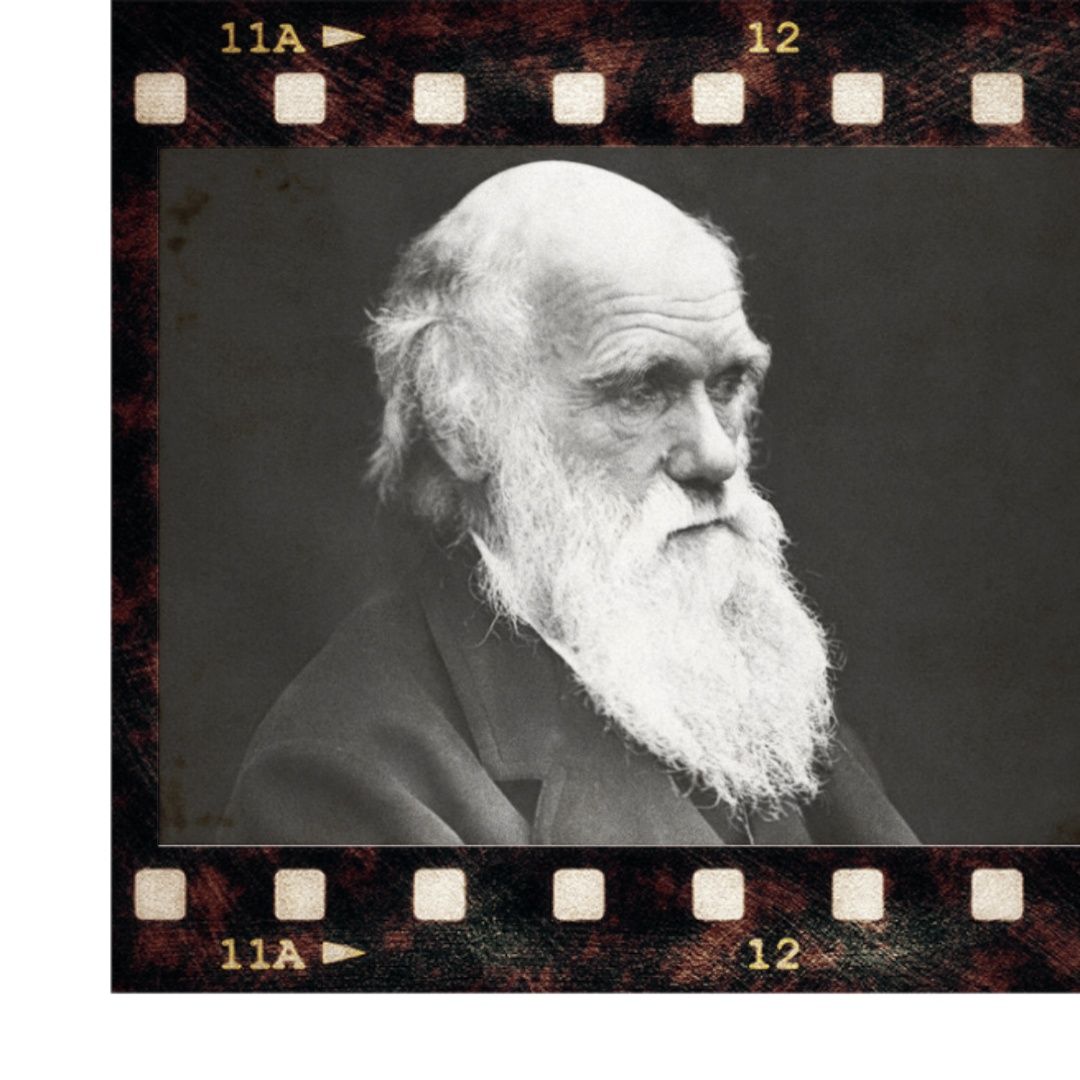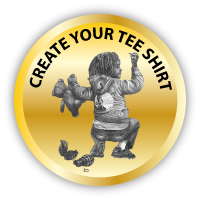November 24, 1859
THAT DAY..............................After years of scientific investigation, Darwin published his best-known work, On the Origin of Species by Means of Natural Selection.
In biology, evolution is the transformation of the living world over time, manifested by phenotypic changes of organisms across generations. Some philosophers of have approached the phenomenon of evolution, but it is only from the nineteenth century that theories offer scientific explanations, it is that is to say, refutable or demonstrable. But nobody has made more than Charles Darwin.
Charles Darwin was born in 1809 in Shropshire. Darwin planned to study medicine at first but changed his mind after to studyDivinity at Christ’s College, Cambridge University.
At the time, religion was a powerful force in society, and most people took the Bible litterally. However, Darwin's level of doubt was increasing and even he had the ambiton to become a minister, he soon gave up that idea.
Charles attended John Stevens Henslow's course in the study of plants, and started a collection of beetles that became famous. On Henslow's recommendation Darwin was offered the position of naturalist for the second voyage of H. M. S. Beagle to survey the coast of South America. The trip lasted 5 years. During that time, Darwin noticed on the trip that certain types of organisms existed only in certain areas and that many organisms had gone through changes that made it easier for them to survive in certain environments
Over the next 20 years, Darwin worked on the dilemma of how species evolve and can end up being quite different.
On November 24, 1859, Charles Darwin published his Origin of Species. He did not use the word evolution, but he said that man and ape shared a common ancestor. He was said to be a heretic, but his theory was scientifically sound. When Charles Darwin declared that Homo Sapiens are just another species of animalsThe church became furious because everything he said went against the Bible. They declared him a heretic and prosecuted him. Charles Darwin did not care , even His wife, Emma Wedgewood, was a major believer in Christianity. Darwin s'theory says:
1. “Species are not immutable,” but can and do change (evolve) by infinitesimal changes from one generation to the next (“descent with modification”). He estimates that it takes 14,000 or more generation for complete evolution from one species to another, based on his own horticultural experiments.[2]
2. Common Ancestry: Descent with modification accounts for the variety of all biological life, so that it is possible to say that all biological species evolved from single-celled ancestors.[3]
3. The Mechanism of Biological Evolution: This process takes place by means of “Natural Selection”—a blind and impersonal mechanism in nature which inexplicably selects the best traits in each species and passes them on to succeeding generations, while gradually eliminating unhelpful, extreme, and counterproductive traits.
Today, the debate seems to be dwindling. In general, many religious agree that Darwin's theory is the most credible explanation. Thus, for Pope John Paul II said that" the Old Testament should not be read in the first degree and the theory of Charles Darwin is "more than a hypothesis" . In 1987, the "theory of creation" was removed from all textbooks of biology, which today only have the scientific theory of Darwin.
Some radical religious, continue to refer to Darwin's theory as a big fraud. ; the scientific methods that date the age of the earth have no value; the Big Bang never took place; animals and humans were created on the same day (24 hours); the planet Earth is only 6000 years old (whereas the international scientific community estimates the age of the Earth at 4.5 billion years). There's a common myth about Darwin that it is impossible to believe in God and evolution at the same time. Many people wrote to Darwin to ask him this question: He answered many time Yes, and he even illustrated his position by displaying a list of prominent scientists who did exactly that.
Patrick Tort Director of the Charles-Darwin International Institute and researcher at the National Museum of Natural History, explains that after the Origin, "the proponents of new ideas expected of Darwin the gesture of completion which would have consisted in "extending his theory" to man, conscience, morality and civilization". Darwin never did. Some did it for him, like Herbert Spencer. He was an English engineer , contemporary of the author of the Origin of Species, seized on his hypothesis and developed a true philosophy with economic and social implications that Darwin himself disapproved of: Has been developed the roots of what will be called "social Darwinism" (advocating the natural elimination of the less able in the social struggle). Darwin's thought about man and civilization is the exact opposite. He developped what he calls the "reversal effect of selection", and never forgot "that natural selection is not limited to selecting advantageous organic variations," as said Patrick Tort, "She also selects "instincts", and in particular "an altruistic and supportive sympathy whose two main effects are the protection of the weak and the indefinitely extensible recognition of the other as similar"
Darwin’s popularity by the end of his life was such that officials of the Church of England agreed to bury him at Westminster Abbey in London following his death . It sees that he was a “Treasure to the English People,”
Apparently GOD didn't took all that so bad !!
To know more about the subject:
Coyne, Jerry A. (2009). Why Evolution is True. Oxford: Oxford University Press.
Westminster Abbey » Charles Darwin". Westminster Abbey » Home. 2 January 2016. Archived from the original on 4 March 2016. Retrieved 2 January 2016.
Charles Darwin 200 years – Things you didn't know about Charles Darwin". Archived from the original on 28 May 2009. Retrieved 23 May 2009.
Freeman, R. B. (1977). The Works of Charles Darwin: An Annotated Bibliographical Handlist. Folkestone: Wm Dawson & Sons Ltd. ISBN 978-0-208-01658-4. Retrieved 4 November 2008.
Darwin, Charles; Wallace, Alfred Russel (1858). "On the Tendency of Species to form Varieties; and on the Perpetuation of Varieties and Species by Natural Means of Selection". Journal of the Proceedings of the Linnean Society of London. Zoology 3.
Darwin, Charles (1859). On the Origin of Species by Means of Natural Selection, or the Preservation of Favoured Races in the Struggle for Life (1st ed.). London: John Murray. ISBN 978-1-4353-9386-8. Retrieved 24 October 2008.
von Sydow, Momme (2005). "Darwin – A Christian Undermining Christianity? On Self-Undermining Dynamics of Ideas Between Belief and Science" (PDF). In Knight, David M.; Eddy, Matthew D. (eds.). Science and Beliefs: From Natural Philosophy to Natural Science, 1700–1900. Burlington: Ashgate.
The Complete Works of Charles Darwin Online – Darwin Online; Darwin's publications, private papers and bibliography, supplementary works including biographies, obituaries and reviews
P. Tort (dir.), Darwinisme et Société, Paris, PUF, 1992,
↑ Darwin et le Darwinisme, PUF, 1997





